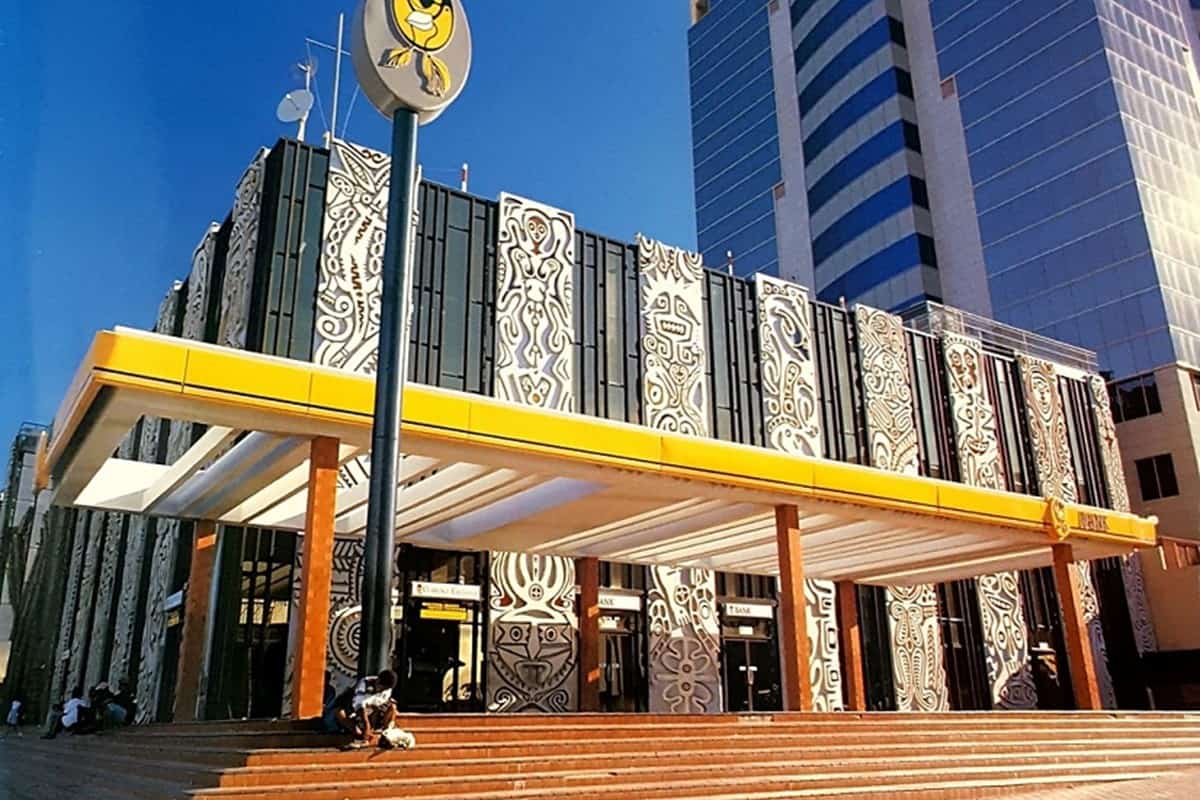The prices of goods and services in Papua New Guinea have continued to increase since the second quarter of 2021, according to the Bank South Pacific (BSP) Financial Group Ltd.
The consumer price index (CPI) rating is 6.9%, closing the first quarter of this year.
It is the highest level rating since 2010.
To counter this high domestic inflation, the Bank of PNG (BPNG) has tightened its monetary policy by increasing the kina facility rate by 0.25% to 3.25% this month.
BSP’s Group general manager for corporate banking, Peter Beswick said in the BSP Pacific Economic and Market Insight Q2 2022 Report that it would result in the finance sector reviewing loan and deposit interest rates.
The kina facility rate is to serve as the interest rate at which funds can be lent or borrowed.
It is a monthly rate and any changes to it should translate to market interest rates.
“The Bank of PNG (BPNG) has flagged the tightening monetary policy, with an increase in the rate to 3.25% in July,” Beswick said.
“This move is to counter high domestic inflation.
“BPNG has noted the key drivers of inflation as being import inflation (through fuel and food), caused by the pandemic and Russia-Ukraine conflict.
“Inflation and living costs are expected to remain high for the remainder of 2022, as global recession fears affecting fuel, energy and logistic costs globally.”
Beswick said PNG should therefore benefit from increased prices on commodity exports.
But he said the lift could be partiality offset by reduced export volumes in the agricultural sector, as smallholders and regional communities are involved in the general election.
Meanwhile, businesses have seen an increase in spending on consumables in the period leading up to the General Elections 2022 (GE22), according to the PNG Manufacturers Council.
Chief executive officer Chey Scovell said this was evident with Members of Parliament especially in the Highlands, as they were preparing for the elections.
Scovell said in general, sales of fast moving consumable goods (FMCGs) continued to increase in other parts of the country, although figures had declined between 35% and 45% for the Port Moresby sector in the National Capital District (NCD).
Port Moresby Chamber of Commerce and Industry (POMCCI) president Rio Fiocco previously told The National that certain businesses would benefit in the general election period with an increase in cash flow.
These included businesses who provide printing, car hire and sales.
Fiocco also warned business houses in Port Moresby to take extra security precautions and if possible install CCTV (closed circuit television) cameras because there could be cases of opportunists looking to steal throughout the period where large crowds gathered.
“There will be some businesses that there will be doing better,” he said.
“For example, those businesses that will do printing, hire cars.
“Companies that sell outboard motors and dinghies will do better in the election periods as well as motor vehicles.
“It’s quite selective.”
Fiocco had also highlighted that traditionally, the election period had a negative impact on the coffee industry as it was the time for cherry picking but people were preoccupied with the election.
